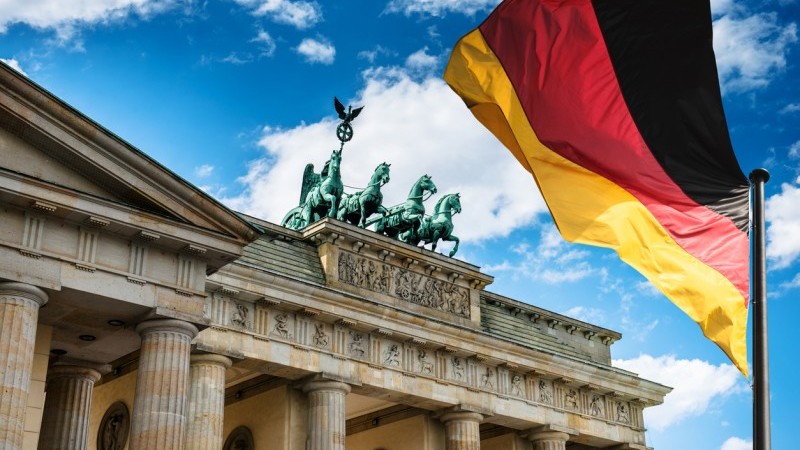Despite today’s Ifo index increase, the risk of yet another year of stagnation is still alive and kicking. After the excitement and enthusiasm sparked by Germany’s fiscal policy U-turn and its decision to invest significantly in infrastructure and defence this spring, the summer brought a rude awakening. The mood in Germany soured and optimism ground to a halt – and not just because of US tariffs or a stronger euro, both of which complicate matters for the export industry. Today’s Ifo index reading (as well as last week’s PMIs) provides some hope of a possible rebound, although it wouldn’t be the first time that a temporary rebound in leading indicators eventually ends up disappearing into thin air.
In fact, German policymakers are apparently just now waking up to the painful reality that readers of our research have heard endlessly over the last five years. A reality in which Germany has lost international competitiveness as a result of long-term underinvestment, a portion of naivety and arrogance, and China’s rise from export destination to system rival. Current fears of production stops in the German (automotive) industry as a result of Chinese export controls on microchips are one of too many reminders that German industry is no longer dictating the rules of the game, and instead, merely lies at the receiving end.
Another reason for the worsening mood in Germany is domestic politics. The hope that a new government and fiscal stimulus would finally lift the economy out of its prolonged stagnation seems to have faded. Why? The discussion around possible austerity measures undermines the psychological impact of the announced fiscal stimulus. The government’s decision to shift previously planned investments from the annual budget to special investment funds has also brought a whiff of creative accounting in German fiscal policy. These developments not only revive unpleasant memories of coalition infighting from the previous government but also risk dampening household and corporate spending and investment decisions.
